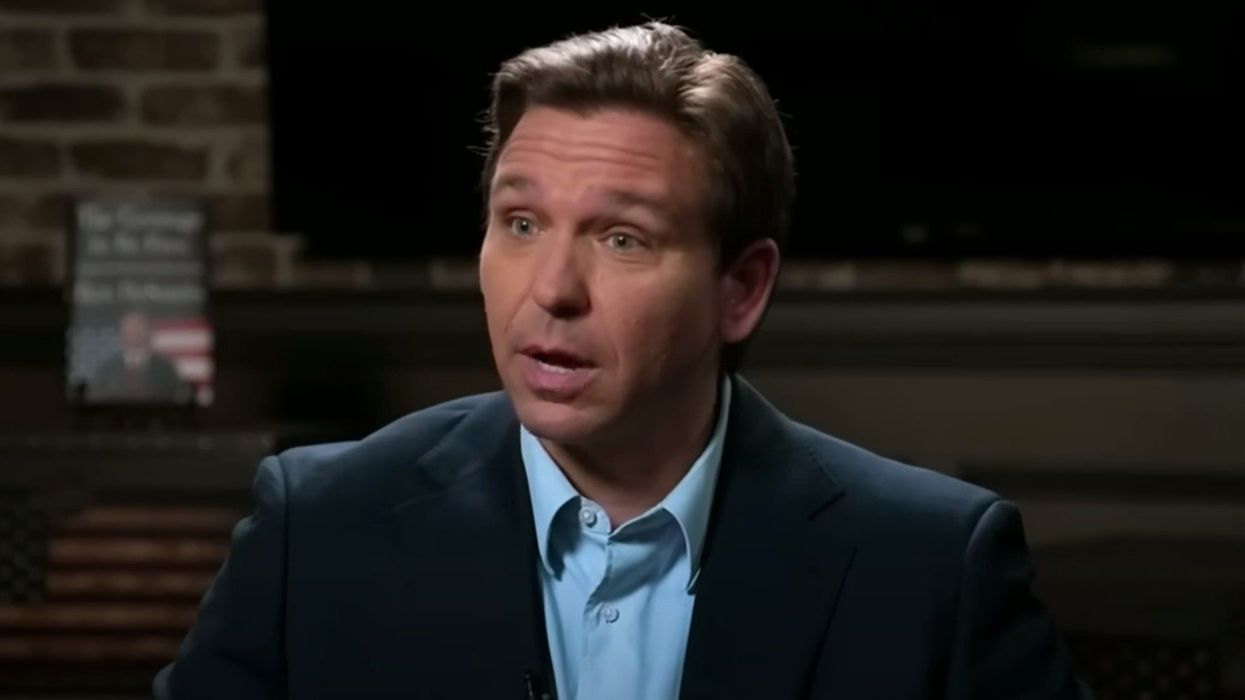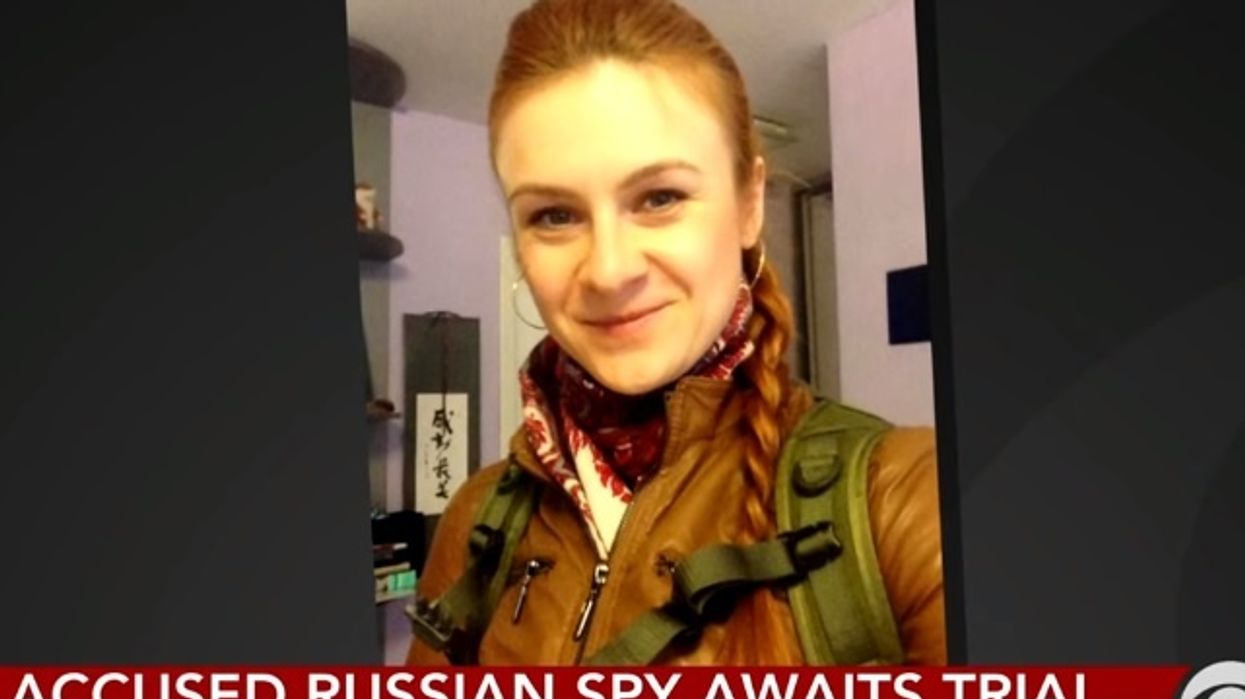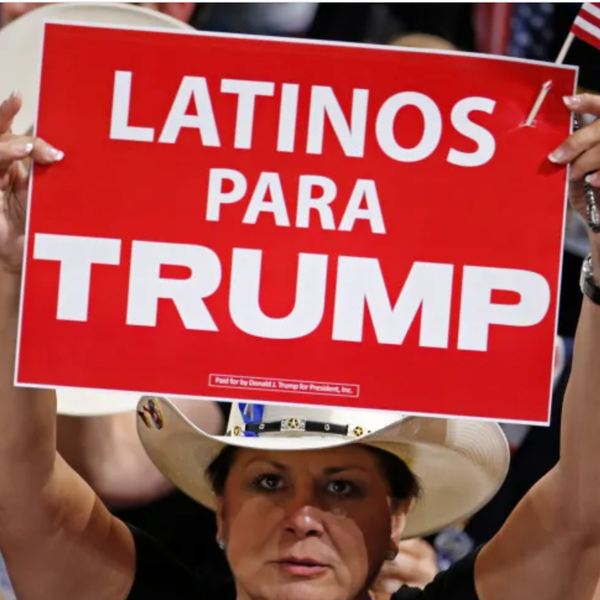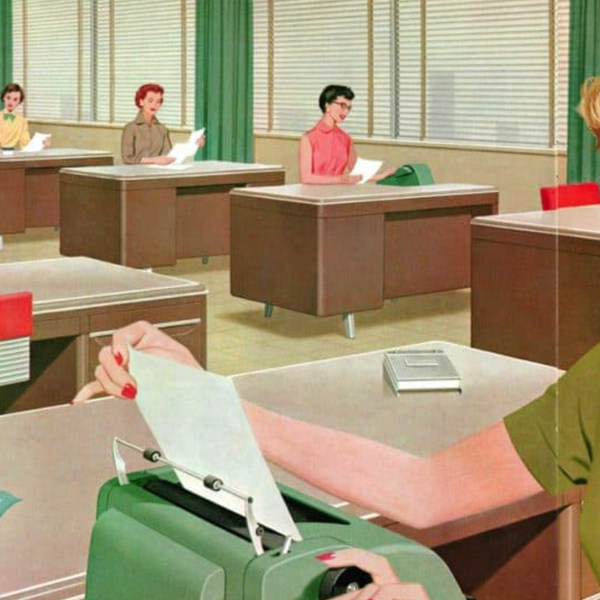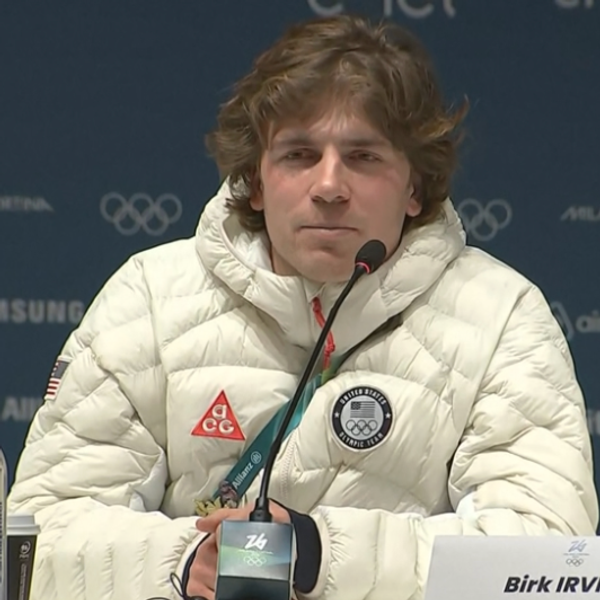You can get this kind of column in your email inbox nearly every day by buying a subscription to my Substack right here.
We forgot to hold a funeral for the dead drop. “Dead drop,” you say? What the hell is a dead drop? It’s the now long-abandoned practice in spy craft whereby a spy – just for the hell of it, let’s make it a Russian spy – collects a package of secret information from the agent-in-place he (or she) is running in a foreign country. The way it works is this: the agent providing the secrets goes to a pre-arranged location – let’s say it’s a bench at an overlook of the Potomac River on the Virginia side along the George Washington Parkway – and he (or she) leaves the package in a pre-arranged place – let’s say it’s in a lidded paper coffee cup left casually at the side of the overlook’s restrooms.
Then the spy – the Russian agent working for the SVR, the Foreign Intelligence Service, which replaced the KGB after the Berlin wall fell – anyway, the spy walks casually – it’s all done casually -- past the overlook restroom and retrieves the empty coffee cup and takes it back to his office at the Russian embassy or his home, where he proceeds to examine its contents. The package used to be microfilm, or a microdot placed on, say, a receipt from the coffee shop, or it might, in more modern times, be a memory chip or even a thumb drive.
The “dead” in dead drop refers to the fact that the agent-in-place and his spy handler never see each other because the whole thing is done according to a plan set up previously. Dead drops have been portrayed in countless spy novels and movies – the classic Tinker, Tailor, Soldier, Spy by John le Carré comes to mind. It’s exciting. You get to see them passing the signal establishing the dead drop. One form it might take is a chalk mark on the back of a park bench, which signals that the dead drop is on at the pre-arranged location. Then you see the drop and the pickup. All of this to conceal the fact that Russia has an agent-in-place within some agency in our government, like in recent cases the Navy and even the FBI -- the law enforcement agency tasked with catching spies.
Well, as we should all know by now, the days of intelligence agents passing secrets in the night are long gone. Now the spies are right out in the open. And that’s the other thing we haven’t done. We haven’t stood back and looked at recent political events from an overall perspective. We’ve gotten lost in the rapidly and endlessly unfolding scandals of you-know-who, buried in the details of this secret meeting or that illegal campaign contribution or that questionable character being invited into the Oval Office, no less, for meetings that have gone all the way from trying to get the FBI Director to look the other way and go easy on one of what would become several White House felons, to out-and-out plots to use the military to seize election machinery and re-run an election, which was not in effect a coup, but a coup in progress.
Almost all the unusual events in our recent political life have involved Russians, and as we will see, they go back much further than we usually recall. Trump met with an outright Russian spy in the person of Ambassador Sergey Kislyak in a private room after a big foreign policy speech he gave in April 2016 at the Mayflower Hotel. And then there was December 2016, when the same Russian spy, Kislyak, held a secret meeting with the son-in-law of the president-elect, Jared Kushner, and the man to be appointed national security adviser, Michael Flynn, in the transition office of Donald Trump in Trump Tower.
We should stop here to note that the word “spy” used in relation to the Russian Federation has a different meaning from its common use in this country. You don’t have to be a trained KGB or SVR agent that went to spy school to gather intelligence for your superiors in the Russian government. You can be the ambassador to a foreign country, or the owner of a Russian conglomerate doing business overseas, or even a Russian politician on a trip to visit a country considered a foreign adversary like, say, the U.S.A.
Five months after the secret meeting in Trump Tower, and the day after Trump fired his FBI director -- who had just announced that the FBI had been investigating Trump and his campaign for ties to Russia since July of 2016 -- President Trump would waltz Kislyak and his boss the Russian Foreign Minister, Sergey Lavrov, past all the White House handlers and the Russian media – but not the American press pool covering the White House, who were banned from the event – right into the Oval Office where, it would later be reported, he passed some kind of top secret information to them about Israel and assured the two that he wasn’t bothered at all about Russian involvement in his election campaign because the United States does the same thing to other counties around the world.
Contacts between Russian spies and their targets in the U.S. would happen at places like an NRA convention, as when Maria Butina – remember her? – and her SVR handler, Aleksandr Torshin, a Russian senator who would soon become the Speaker of the Senate of the Russian Federation, a position you don’t get without the personal approval of Vladimir Putin, were given all-access passes to the NRA convention in St. Louis in 2012 and the next one in Houston in 2013, not to mention being welcomed at NRA headquarters in Virginia both years.
These two obvious Russian spies stayed involved with the National Rifle Association, the largest contributor to the campaign of Donald Trump. Torshin and Butina arranged for officials of the NRA to travel to Russia in 2015 for the convention of a completely fictional organization established by Butina called “Right to Bear Arms.” There is no right to bear arms in Russia as there is here. The organization, a mirror image of the NRA, was apparently established with Putin’s blessing simply to give open cover to the two spies, Butina and Torshin, to lure important Americans to Moscow.
Among those in Russia for the gun convention were outgoing NRA president David Keene and incoming NRA president Pete Brownell, Outdoor Channel CEO Jim Liberatore, and major Republican donors Hillary and Arnold Goldschlager. Who did they meet with while in Moscow? Well, how about Deputy Russian Prime Minister Dmitry Rogozin and our friend Foreign Minister Sergey Lavov – both destined to be sanctioned multiple times for stuff like annexing Crimea, interfering with the U.S. election of 2016, and of course invading Ukraine in 2022.
Torshin and Butina also held meetings that year with no less a figure than Federal Reserve Vice Chairman Stanley Fischer and Hank Greenberg, the chairman of American International Group. They would also attend fundraisers for Wisconsin Gov. Scott Walker, be VIPs at the NRA convention in Nashville, and attend something called “Freedom Fest” in Las Vegas where now-presidential candidate Donald Trump was the featured speaker.
So, why bother with dead drops when you can just dispatch folks like Russian Senate Speaker Torshin and honeypot babe Maria Butina, who formed an intimate relationship with the chairman and CEO of Overstock.com, Patrick M. Byrne, who would go on to become a major Trump Stop the Steal conspiracy theorist and attend an Oval Office meeting with Michael Flynn and others when overturning the election results of 2020 was discussed with Trump. I mean, Butina and Torshin attended the National Prayer Breakfast at which Trump spoke, inaugural balls in 2017 that Trump attended, and parties at the Swiss Ambassador’s residence where they made contact with J.D. Gordon, a retired Naval officer who served as director of national security for the 2016 Trump campaign.
On and on and on I could go, but this should give you a flavor of what the Russians have been up to for the past decade or so in this country. Much more can be found in the final report of Special Counsel Robert Mueller who, while unable to indict then-President Trump on multiple counts of obstruction of justice, was nevertheless able to lay out in excruciating detail how, under the direction of Vladimir Putin himself, SVR agents and hackers working for the Russian government infiltrated the American political system, exerted influence over the Trump campaign in 2016, helped to distribute hacked Democratic Party emails to damage the campaign of Hillary Clinton – I could go on, but why bother?
Trump himself hired a man with ties to Russian intelligence, Paul Manafort, to chair his campaign. Manafort would share secret polling data on battleground states with Konstantin Kilimnik, a trained Russian spy who worked for Oleg Deripaska, a Russian oligarch close to Putin who would be involved in Trump’s attempts to blackmail the president of Ukraine, Volodymyr Zelensky, into helping him defeat Biden in the election of 2020.
Remember a character by the name of Lev Parnas? How about Igor Fruman? What the hell were those two doing dining with Rudy Giuliani and President Donald Trump at his hotel in Washington in 2018, discussing how to get rid of the U.S. Ambassador to Ukraine, Marie Yovanovitch? They were both involved with Deripaska, to whom Manafort owed something like $12 million. They were eventually arrested at Dulles Airport by the FBI with one-way tickets to Austria through Germany and indicted and convicted of funneling foreign money to a Texas Republican Congressman, Rep. Pete Sessions, who helped them get Yovanovitch fired by writing a letter to Secretary of State Mike Pompeo, who promptly did just that, recalling the ambassador to Ukraine without notice or giving a reason and allowing her only two days to leave her post in Kyiv.
Just to give you a flavor of how this stuff worked, a lawyer for Parnas, Joseph Bondy, wrote a letter to a federal judge attempting to get the U.S. Attorney in New York, Geoffrey Berman, to recuse himself from the Parnas case because of conflicts of interest. Bondy told the judge he had seen proof laying out how the U.S. attorney had gathered evidence on Parnas and from whom: “ The evidence seized likely includes e-mail, text, and encrypted communications that are either non-privileged or subject to an exception to any potentially applicable privilege, between, inter alia, Rudolph Giuliani, Victoria Toensing, the former President, former Attorney General William P. Barr, high-level members of the Justice Department, Presidential impeachment attorneys Jay Sekulow, Jane Raskin and others, Senator Lindsey Graham, Congressman Devin Nunes and others, relating to the timing of the arrest and indictment of the defendants as to prevent potential disclosures to Congress in the first impeachment inquiry of then-President Donald. J. Trump.”
All those high-ranking figures with close connections to Trump were implicated in trying to prevent the disclosure of secret connections to little old Lev Parnas. And why? How about because all of them were so neck deep in Trump’s Ukraine scandal that if Parnas’ connections were made public, they would lead directly to Russian intelligence assets like Deripaska and Kilimnik and oligarch Viktor Vekselberg and others, right up to and including the Russian foreign minister, Sergey Lavrov.
All of this was intended to destabilize the country of Ukraine, which under the leadership of Zelensky, was making noises about becoming closer to the European Union and maybe even joining NATO. And who was really, really pissed off about Ukraine? Pissed off enough that a few years later he would invade Zelensky’s country and try to depose him? Vladimir Putin.
Here is where our view from 1,000 feet comes in. Putin had been up to his games with the U.S. since Trump, who had announced he would run for president someday, took his Miss Universe pageant to Russia in 2013. Putin had backed right-wing candidates for office in countries like France and Germany and Poland and Hungary. He had his grubby power-grabbing fingers in the political life of countries on several continents, including Africa, South America, North America, and in the Near and Far East – remember Afghanistan before we decided to ignore the whole “graveyard of empires” thing and fuck things up over there. He had announced again and again that the fall of the Soviet Union was the most terrible thing that ever happened to his homeland, and although he had not yet announced it out loud, he was driven to do something about reconstituting Russia as the great power he considered it had always been and should be again.
So, he meddled. He meddled with businesses owned by his oligarchs. He meddled by making political deals to supply country after country with his oil and especially his gas reserves. He meddled by securing the Winter Olympics for Russia in Sochi and then engaging in a government-funded and government-driven plot to use performance enhancing drugs to have his people win and show Russia was a great power in sports once again.
But his biggest, most heavily-funded and closest-watched meddling was against Russia’s eternal big power rival, the United States. The whole “Ukraine scandal” that got Trump impeached was actually a power play by Putin to destabilize that country. Remember, as far back as 2014, he had seized Crimea and had his military, in uniforms without identifying insignia, fighting full time in Eastern Ukraine alongside Russian-speaking rebel Ukrainians. Remember that his boy Manafort was the one who had the Ukraine plank removed from the Republican platform in 2016. Who do you think was behind that? Manafort had already been working with Konstantin Kilimnik for years by then, and Kilimnik was Deripaska’s man in Ukraine. (Of course, this was before the Republican Party in 2020 just threw up its hands and said their platform was anything that Trump and his Russian handlers wanted to do.)
And now here we are about to enter the second year of Russia’s war to take over Ukraine, and what do we see when we take a look at Putin and his meddling and his “military might” presently being exercised in Ukraine? We see a man and an army that couldn’t even drive its tanks to within shooting distance of the capital of Ukraine, before they were driven back by Ukrainian soldiers on foot expertly executing ambushes and other forms of guerrilla warfare against the far more heavily armed Russian army. We see a man who couldn’t manipulate American politics for a second time and keep his man in the White House.
What we see is a paper-mache tiger with an intelligence service and a military so hollowed-out and corrupt that they were able to feed him a fiction that he, and Russia, and its army were still great when they weren’t. They could move Maria Butina around and place her in rooms with important American political and business figures – and in bed with one of them – but they couldn’t move even one tank onto a broad boulevard in the much smaller and weaker country of Ukraine.
We have seen all of Putin’s efforts at exerting his influence abroad in our own country. Hell, the man who would become Trump’s national security adviser sat next to him at the dinner Putin ginned-up for him to give a speech at way back in 2015. Republicans were able to make the whole Ukraine scandal go away with votes in the Senate at the first impeachment trial, and they were able to discredit the Mueller report with Barr as Attorney General back in 2019, but the whole story of Putin’s influence campaign in 2015 and 2016 is in there for all to read.
If you want evidence they’re still at it, you need look no further than the campaign of that lying sack of shit, George Santos, or Anthony Devolder, or whatever he’s calling himself this week. They sank $50,000 in the campaign of a single congressional candidate on Long Island using coffers controlled by one of Putin’s best friends, Viktor Vekselberg. Why would they do this? Why would they give illegal money to the reelection campaign of another single congressman from Texas, Pete Sessions, using that buffoon, Lev Parnas?
Ever heard of Mark Meadows? He was once a little ‘ole congressman from North CarolinaRep, and what do you know? He got himself an office in the West Wing right down the hall from the President of the United States as his Chief of Staff. You don’t think Vladimir Putin plays the long game? I give you George Santos, a pro-Russia Republican in the exact mold of Donald Trump. They’ll do it again, and then they’ll do it again and one day while we haven’t got our eyes on the ball and we’re being distracted by some new shiny thing over there, they might do it again with a figure slightly less felonious than Santos – but only slightly. Because we’re talking about the Republican Party here, folks – the party that is in the process of elevating Rep. Marjorie Taylor Greene into the upper reaches of its leadership ranks.
Have you heard Marjorie on Ukraine and Russia lately? If she has her way, we won’t send another cent to Zelensky, and Putin will be presiding over a victory parade in Kyiv — that is, if there are enough of his troops left to goose-step down the boulevard for him.
Lucian K. Truscott IV, a graduate of West Point, has had a 50-year career as a journalist, novelist, and screenwriter. He has covered Watergate, the Stonewall riots, and wars in Lebanon, Iraq, and Afghanistan. He is also the author of five bestselling novels. You can subscribe to his daily columns at luciantruscott.substack.com and follow him on Twitter @LucianKTruscott and on Facebook at Lucian K. Truscott IV.
Please consider subscribing to Lucian Truscott Newsletter, from which this is reprinted with permission.


